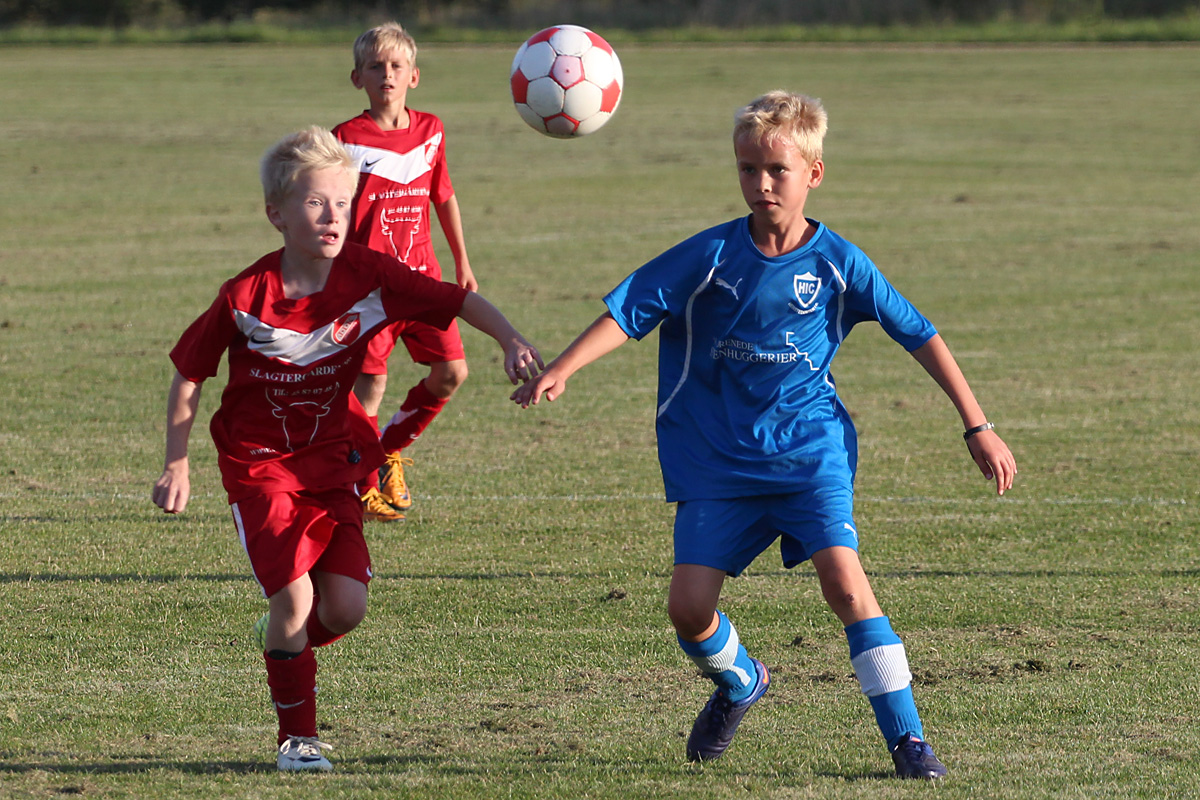Shoot Hoops, Not Drugs: Sport as a Healthy Alternative
 Eighty percent of 3- to 17-year-olds play some form of sport. Practitioners in the field of drug prevention have looked to promote sporting activity as a healthy alternative to substance use amongst young people. The Canadian Centre on Substance Abuse (CCSA) has recently published a review of North American youth sports programmes that include aspects of substance use education. The study examined the effectiveness of such programmes at reducing substance abuse amongst 10- to 24-year-olds. Of those surveyed, the investigation found peer-to-peer programmes to be the most commonly used along with screening consultations, counselling and social norming campaigns. These programmes were often rooted in social behavioural theories that state the decision-making of young people is based on their attitudes and knowledge which are, in turn, influenced by those around them.
Eighty percent of 3- to 17-year-olds play some form of sport. Practitioners in the field of drug prevention have looked to promote sporting activity as a healthy alternative to substance use amongst young people. The Canadian Centre on Substance Abuse (CCSA) has recently published a review of North American youth sports programmes that include aspects of substance use education. The study examined the effectiveness of such programmes at reducing substance abuse amongst 10- to 24-year-olds. Of those surveyed, the investigation found peer-to-peer programmes to be the most commonly used along with screening consultations, counselling and social norming campaigns. These programmes were often rooted in social behavioural theories that state the decision-making of young people is based on their attitudes and knowledge which are, in turn, influenced by those around them.
The study also offers a number of evidence-based recommendations aimed at helping both youth sport programme developers and researchers in their own work. Notably, it suggests that prevention efforts worth considering include: Peer-to-peer counseling, health plans and physical screenings, providing access to sport, targeted or personalized feedback, multi-component programmes that are adaptable to various contexts, and social norming. The study advises that for optimum effectivity, these efforts should be relevant to the young people involved, incorporated into a team environment, and carried out during key developmental stages.
